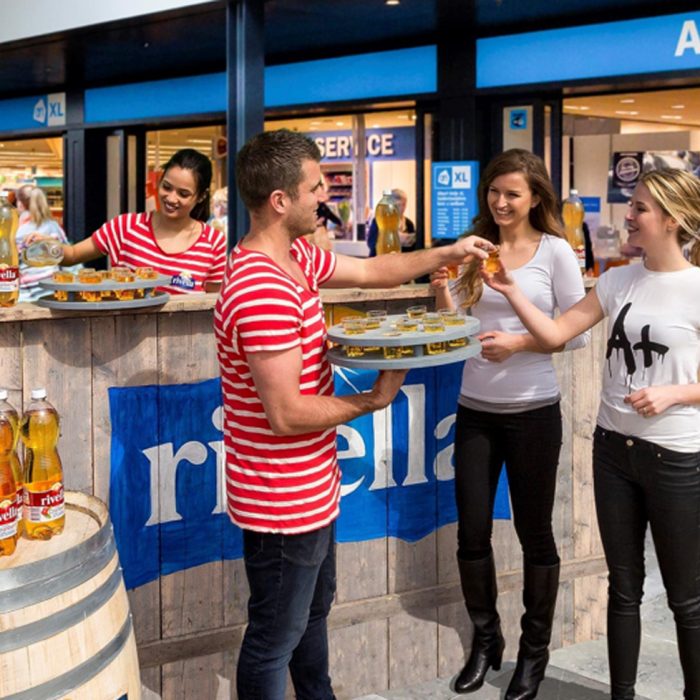
Shopper marketing is a crucial factor in the diversification of the food offer and directly influences consumer behaviour.
We are in a time of upheaval. Consumers have never questioned their consumption habits as much as they do today. The pandemic and the resulting discussion about our way of living and consuming is having a noticeable impact on consumer’s decisions, and of course brands must provide the appropriate information to new questions about sustainability and living in harmony with nature.
Today, more than ever, consumers are looking for information about nutritional content, product heritage as well as the product’s sustainability credentials. It’s up to food marketing to communicate this key information in an engaging and effective way.
Brands can diversify their products to meet the changing needs of consumers, but innovative shopper marketing techniques can help stimulate the interest of consumers, create impulse purchases and increase sales of existing products.
Marketing in the grocery trade has several objectives including promoting the brand, introducing it to new customers, strengthening consumer loyalty and ultimately increasing demand for the products. After all, the more consumers trust the brand and the products, the more they will seek them out at the point of purchase.
An exciting way of interacting with potential customers in this context is certainly the stimulation of consumers’ senses. This involves using the senses of touch, smell, sight, hearing and taste to stimulate interest in buying a particular product. Each experience promotes brand awareness to a particular degree. For example, tastings or samplings are a good and proven way to introduce new products to customers and establish them in the trade.
Cooking demonstrations, a children’s kitchen or events in connection with holidays that increase customer frequency and generate impulse purchases also offer excellent opportunities to turn customers into fans of the brand.
If implemented well, shopper marketing in food retailing demonstrably strengthens the brand and increases brand loyalty.
Online and offline marketing should be used in unison to create an integrated consumer experience. Many consumers will be meeting and experiencing brand interactions online. Offline retail experiences can consolidate and reinforce their initial brand impressions creating a stronger, longer lasting consumer-brand relationship.
Creating experiences and promotions that combine online and offline interaction is one of the big challenges for many industries today, including the food industry.
Shopper marketing uses knowledge of consumer behaviour, develops marketing impulses and supports brands in their interaction with the end consumer.
The work goes far beyond brand awareness. Understanding the shopper at the POS is a question of information competence.
Our clients have long relied on the expertise of the ISMG agencies for our expertise in shopper marketing.
